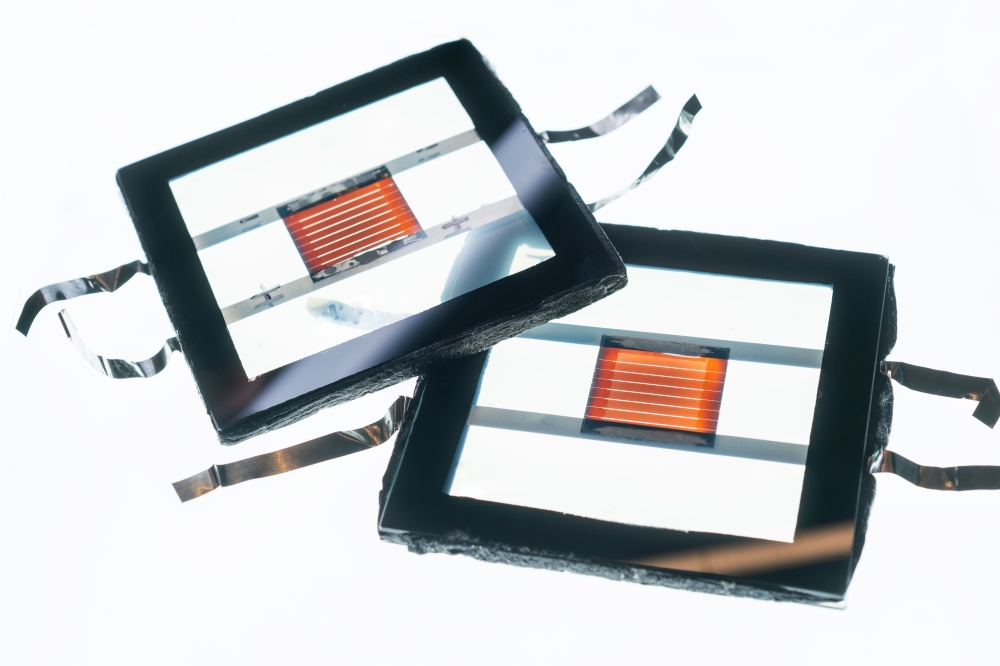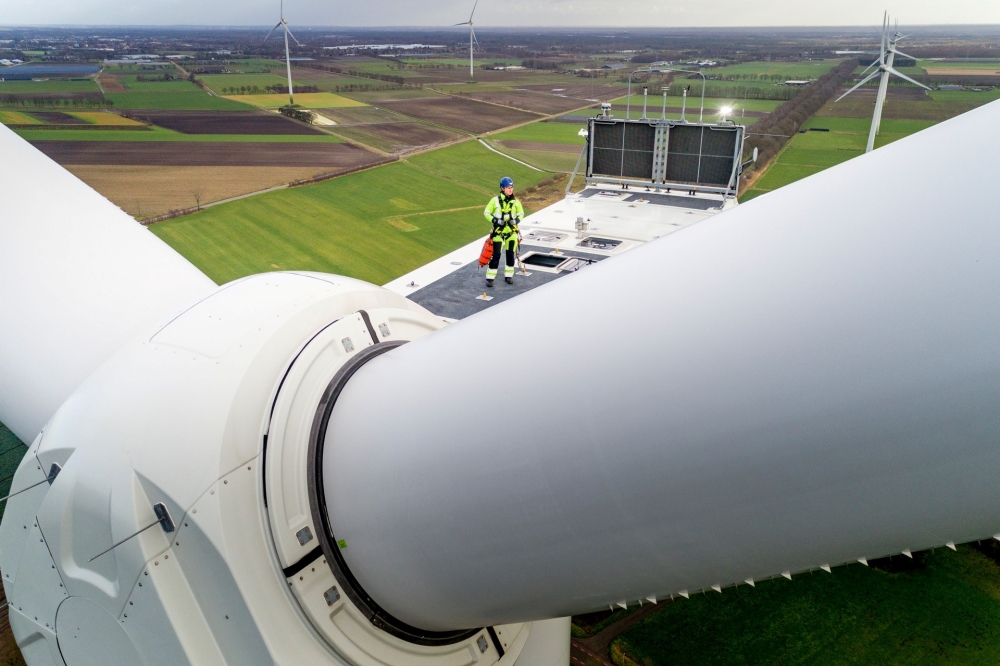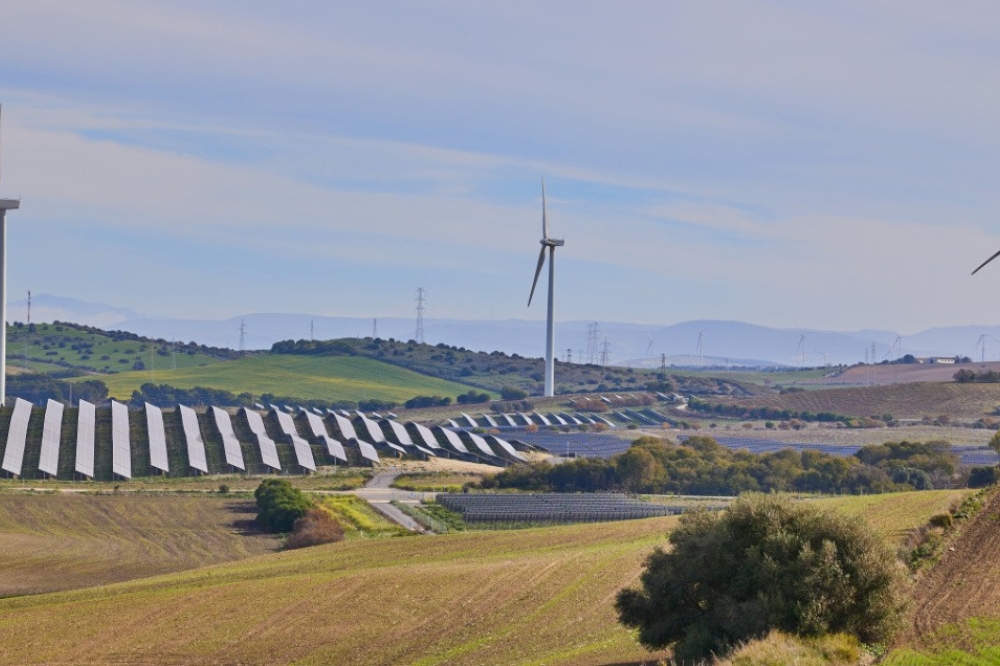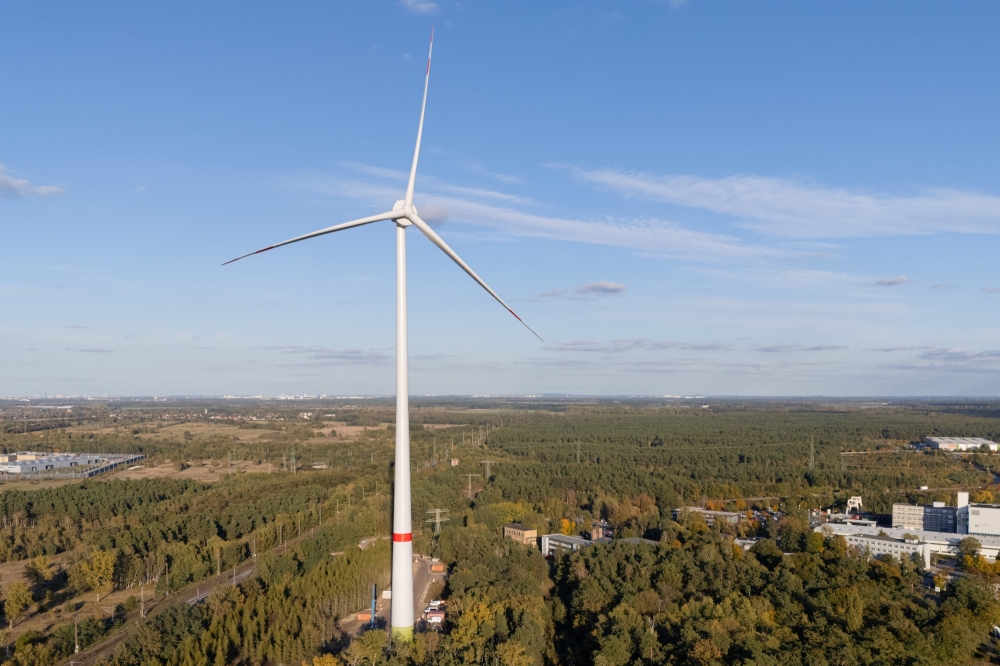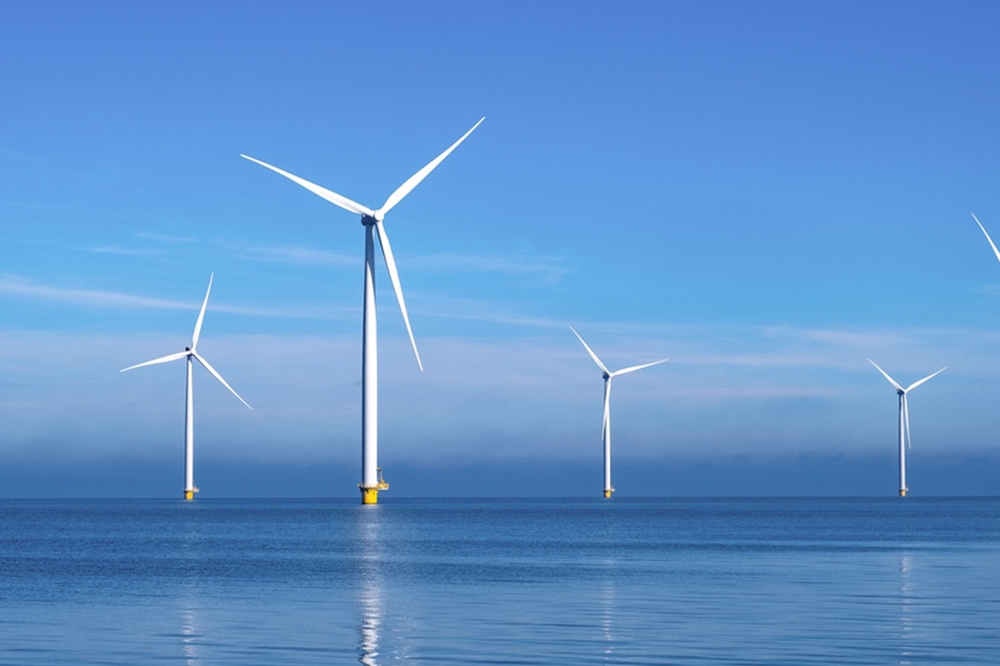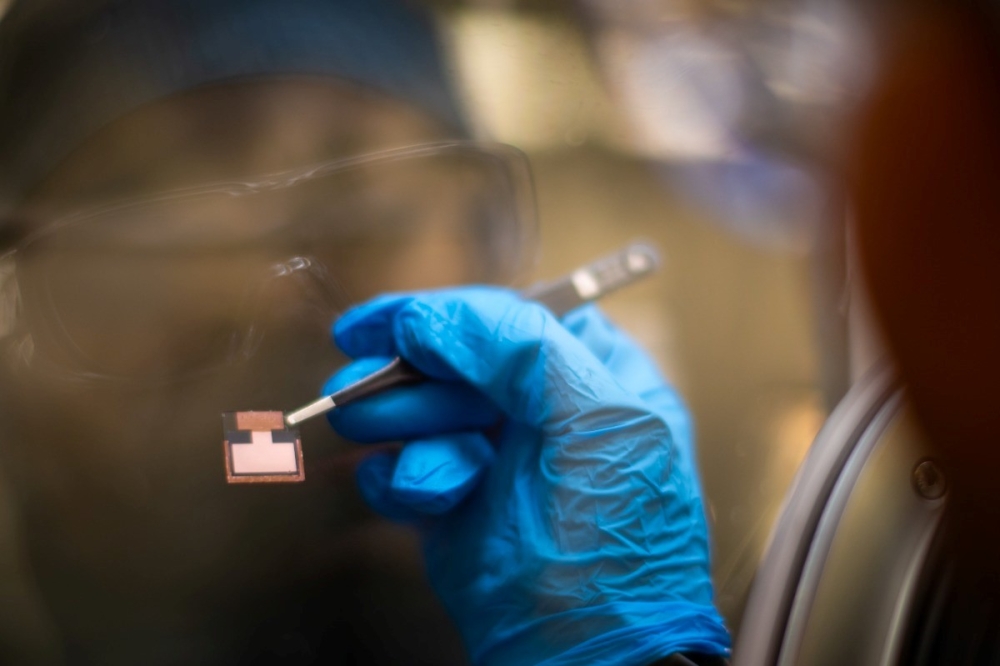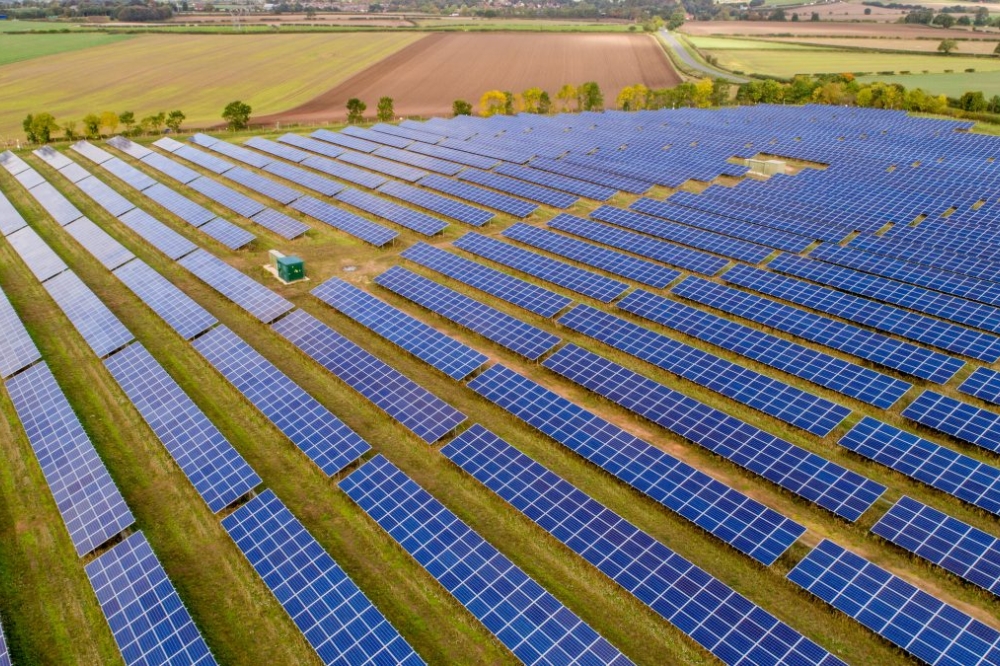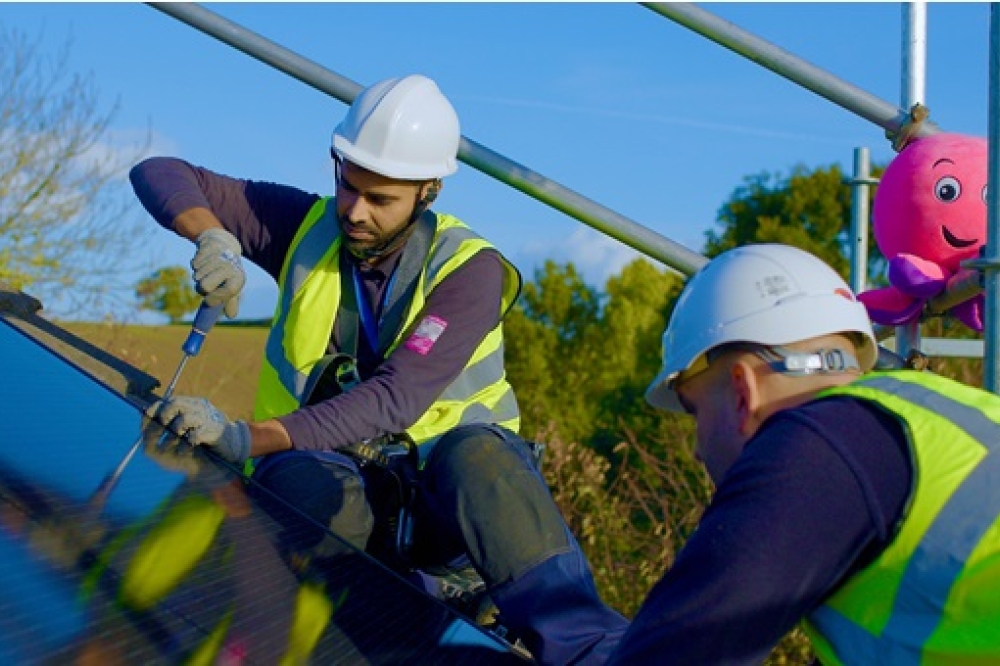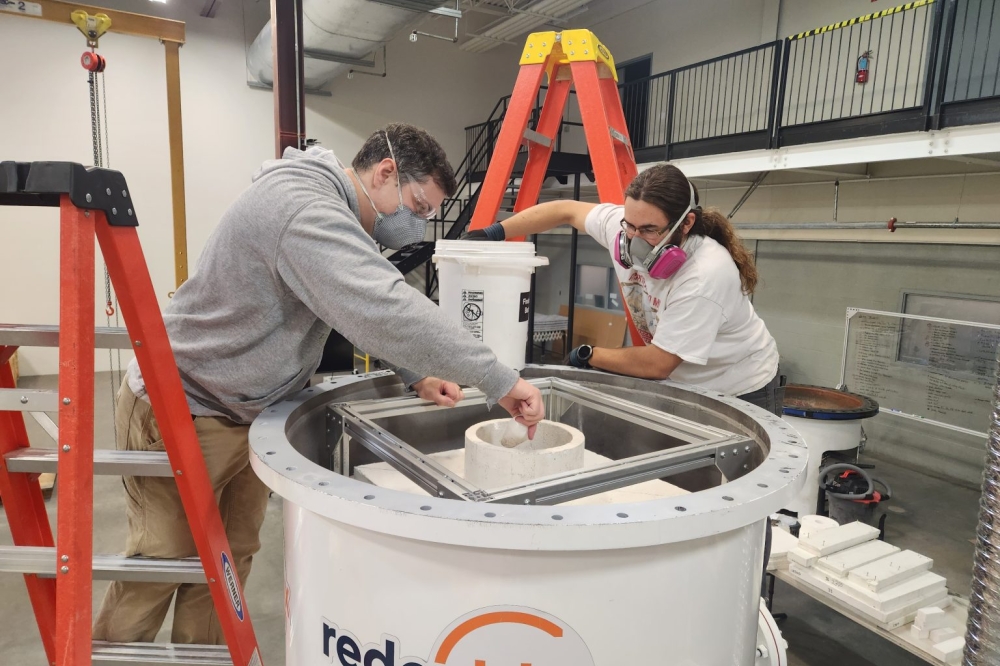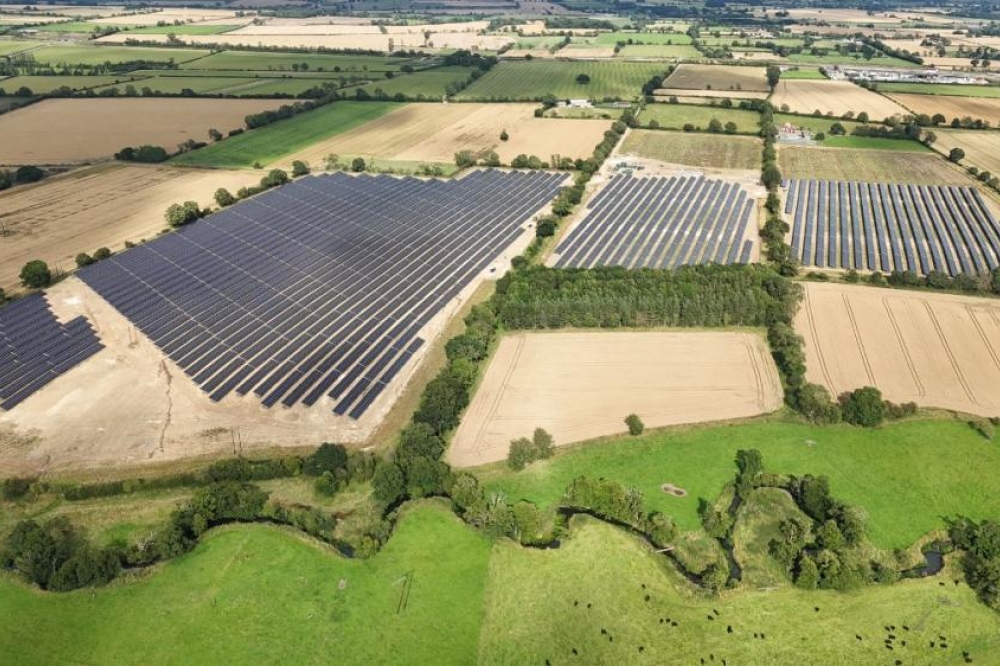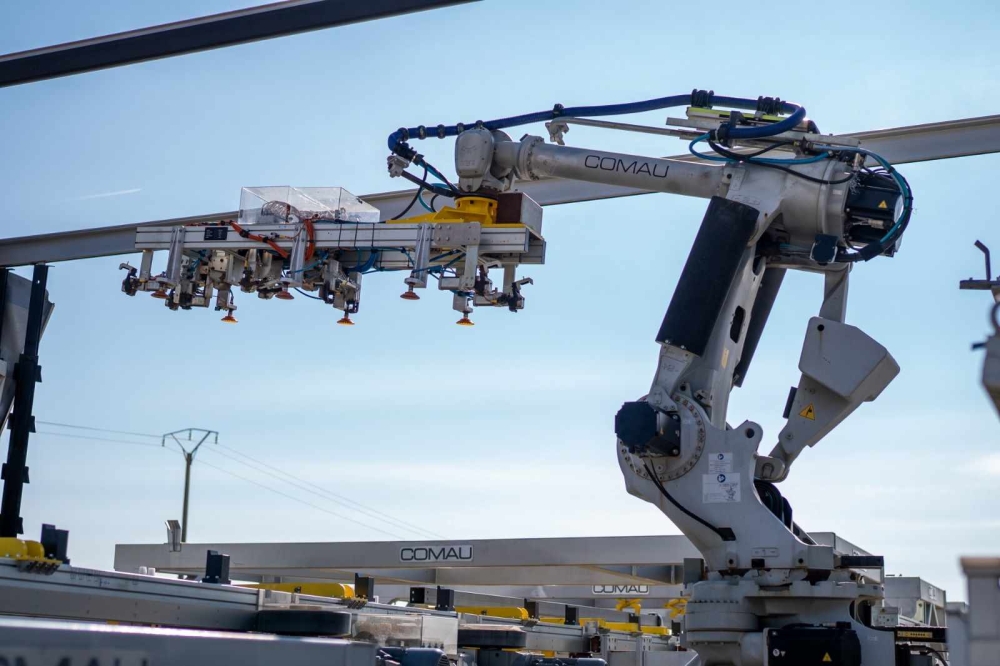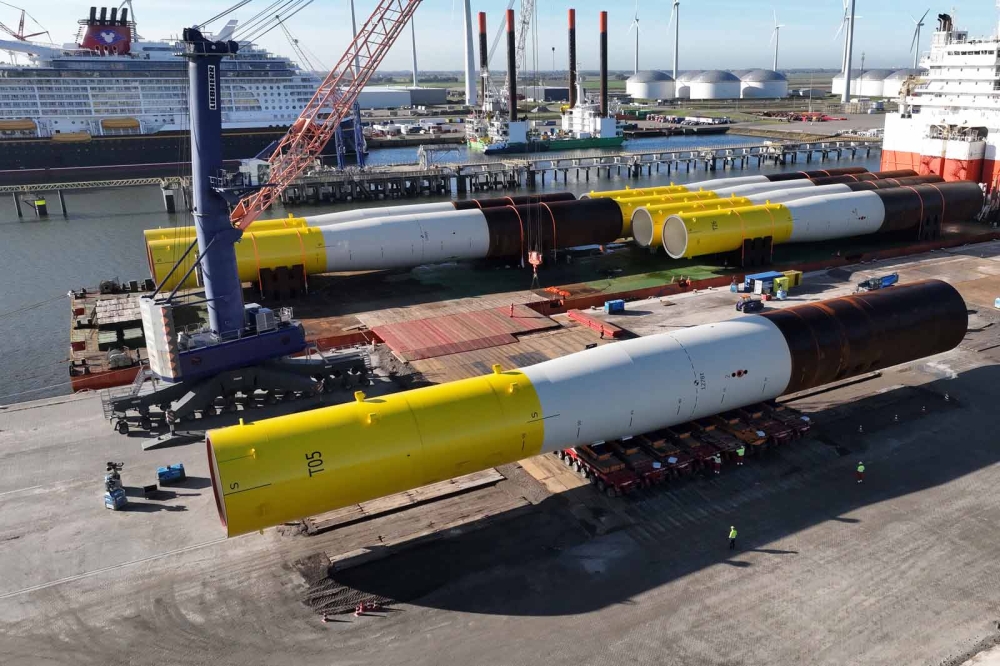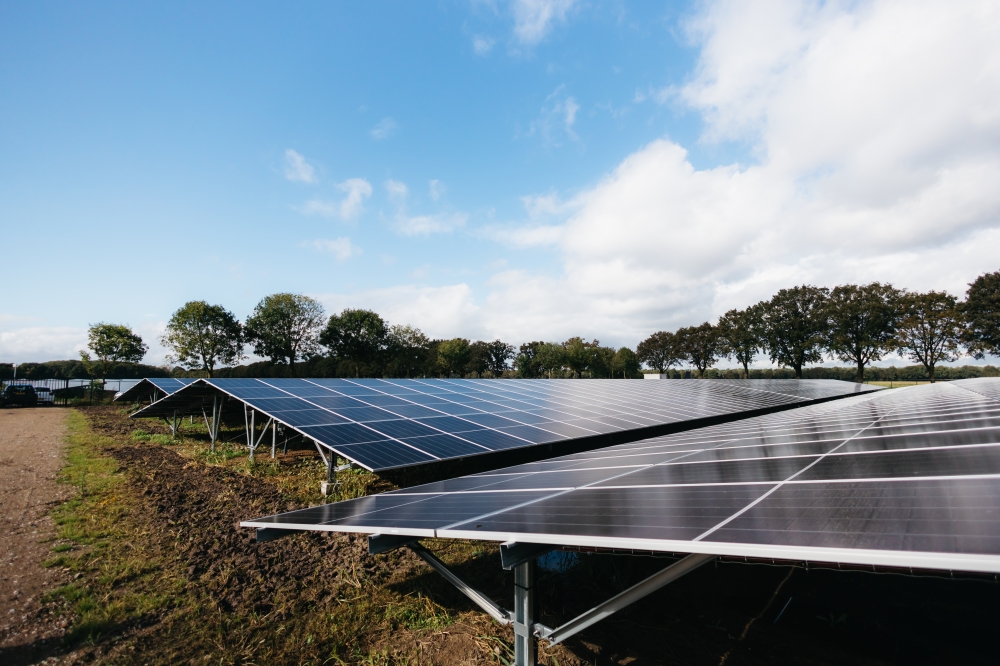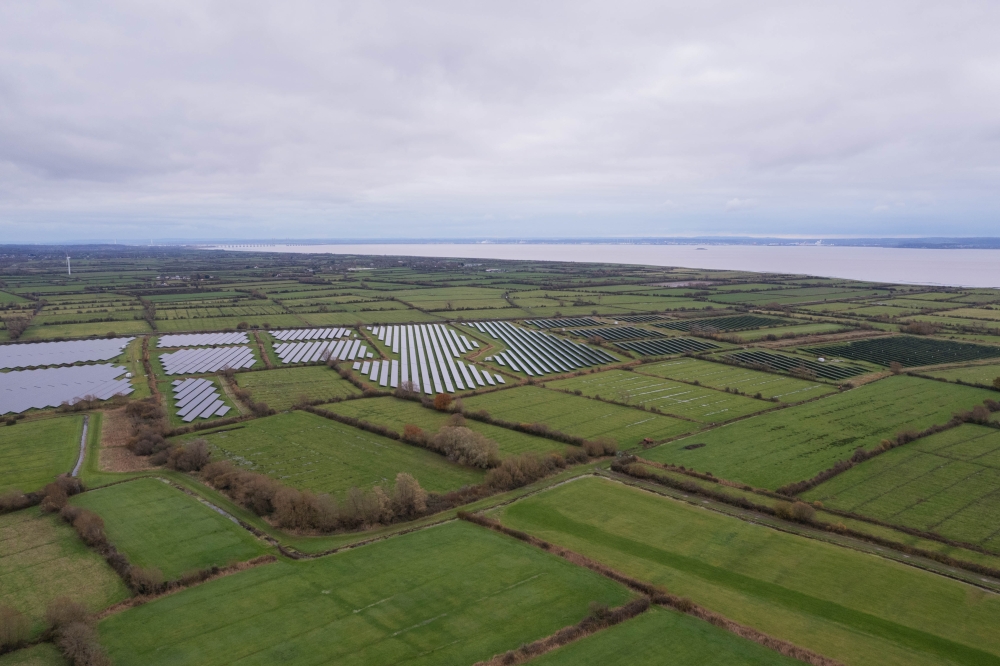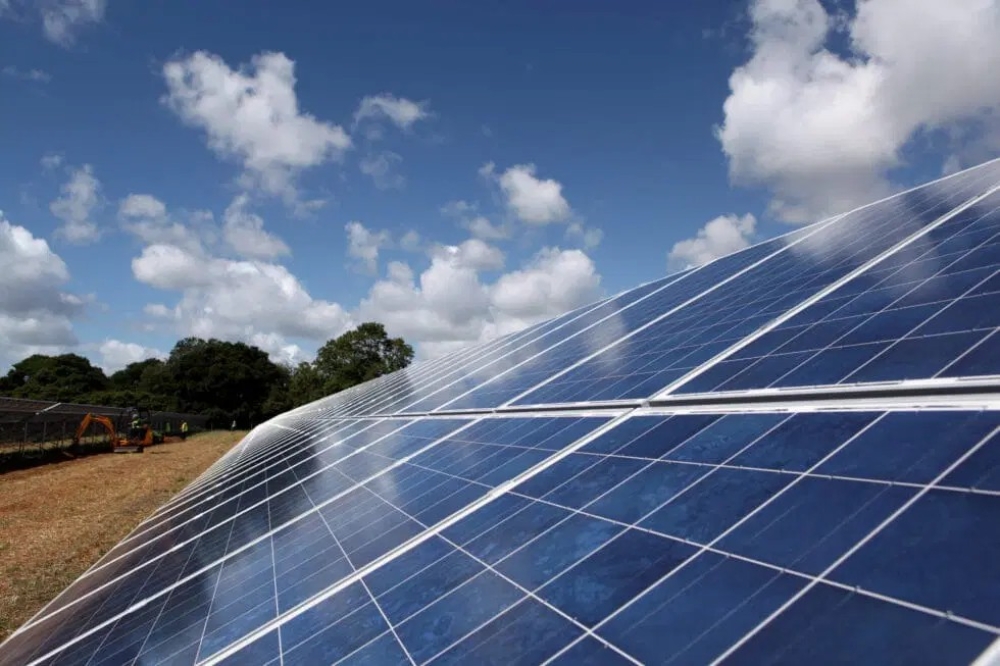Swansea University Leads £3m Project to Advance African Solar Energy
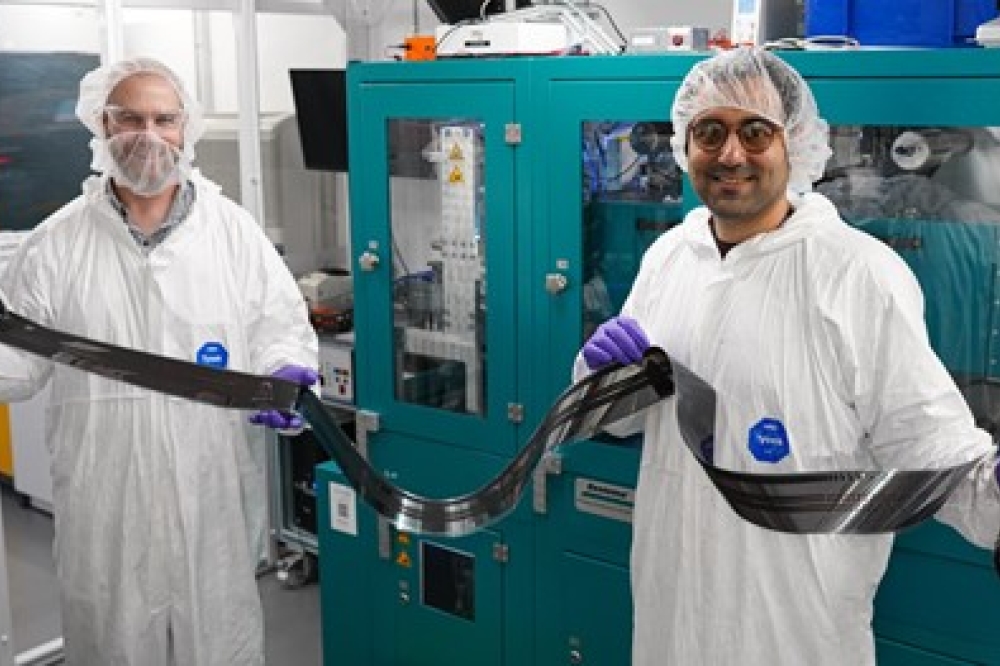
Swansea University engineers have developed a method to fully print perovskite solar cells in a process 100 times faster than conventional cell production
Swansea
University is spearheading a £3 million initiative to develop sustainable
perovskite solar modules (PSM) in Africa. This project aims to empower local
communities and advance renewable energy solutions across the continent.
The
REACH-PSM (Resilient Renewable Energy Access Through Community-Driven Holistic
Development in Perovskite Solar Module Manufacturing) initiative seeks to
establish Africa’s first large-scale demonstration of next-generation solar
manufacturing. Funded by the UKRI Ayrton Challenge Programme, it brings
together universities, businesses, and local communities from Nigeria, Rwanda,
Kenya, and South Africa.
Central to
the project is the development of efficient end-of-life processes for solar
modules. This involves reducing waste and supporting a circular economy by
prioritizing reuse, refurbishment, and recycling. A manufacturing approach
designed with sustainability at its core ensures the longevity and
environmental compatibility of the technology.
Perovskite
solar cells offer significant advantages over traditional silicon-based cells
including lower-cost, low-temperature manufacturing, tunable bandgaps, and
higher efficiency potential compared to energy-intensive, high-temperature
silicon solar cells. Lead contamination in perovskite cells is mitigated
through advanced encapsulation techniques to prevent leakage, development of
lead-adsorbing layers, and recycling processes for end-of-life modules. These
methods ensure environmental safety while maintaining device performance. The
technology is in its relative infancy and nearing commercialization.
Professor Matthew Davies, Principal Investigator, said the programme’s transformative potential has great advantages compared to other approaches. “By producing efficient perovskite modules locally and incorporating designs for end-of-life management, we aim to empower communities, strengthen supply chains, and support low-carbon energy solutions.”


